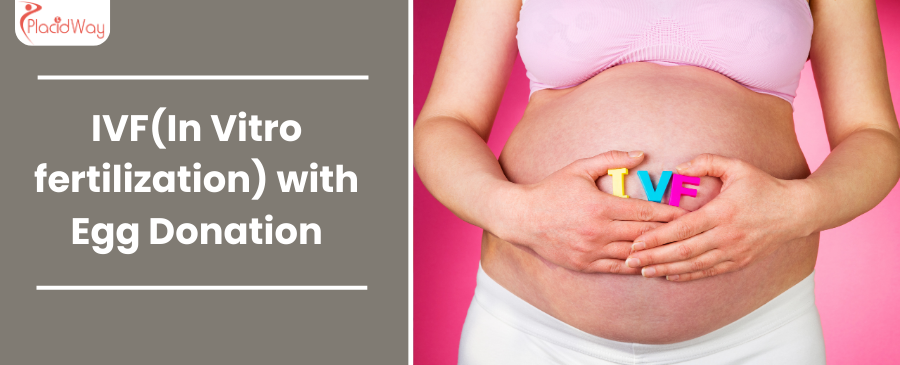
Table of Content
IVF with egg donation is a fertility treatment which involves using eggs donated by another woman, fertilized in a laboratory with sperm, and then implanted into the recipient's uterus. This treatment is particularly beneficial for women who are unable to produce viable eggs. Factors such as age, medical conditions, or genetic issues might necessitate the use of donor eggs to increase the chances of pregnancy.
| Type | Description | Popularity |
|---|---|---|
| Standard IVF | Traditional method using patient's own eggs and partner's sperm. | High |
| IVF with ICSI | Injection of a single sperm directly into an egg to aid fertilization. | Increasing |
| IVF with Egg Donation | Use of donor eggs often combined with partner's or donor sperm. | Widely used for specific cases |
| Step | Description |
|---|---|
| 1. Donor Selection | Choosing an appropriate egg donor based on physical and genetic criteria. |
| 2. Synchronization | Syncing the donor's and recipient's menstrual cycles. |
| 3. Egg Retrieval | Extracting eggs from the donor under anesthesia. |
| 4. Fertilization | Fertilizing the eggs in the lab with sperm. |
| 5. Embryo Transfer | Transferring the embryos into the recipient's uterus. |
| Country | Cost |
|---|---|
| Mexico | $6,500 |
| Turkey | $5,000 |
| Thailand | $7,000 |
| Colombia | $5,500 |
| India | $4,500 |
| Austria | $10,000 |
| USA | $15,000 |
| UK | $12,000 |
Find Prices for IVF with Egg Donation Near You
The cost of IVF with egg donation without insurance can vary widely depending on the country, ranging from $4,500 to $15,000.
The success rate can be as high as 50-70%, depending on the age of the donor eggs and the recipient's health.
The entire process from donor selection to embryo transfer typically takes about 3-6 months.
Yes, most programs allow you to choose the donor based on various criteria including physical attributes and medical history.
Yes, legal issues vary by country, including donor anonymity and parental rights, which should be thoroughly researched beforehand.
Embark on your journey to parenthood with IVF and egg donation abroad. Explore world-class fertility treatments tailored to your needs. Book your appointment today and take the first step towards building your family.
Fertility Treatment Abroad, Best Fertility Clinics